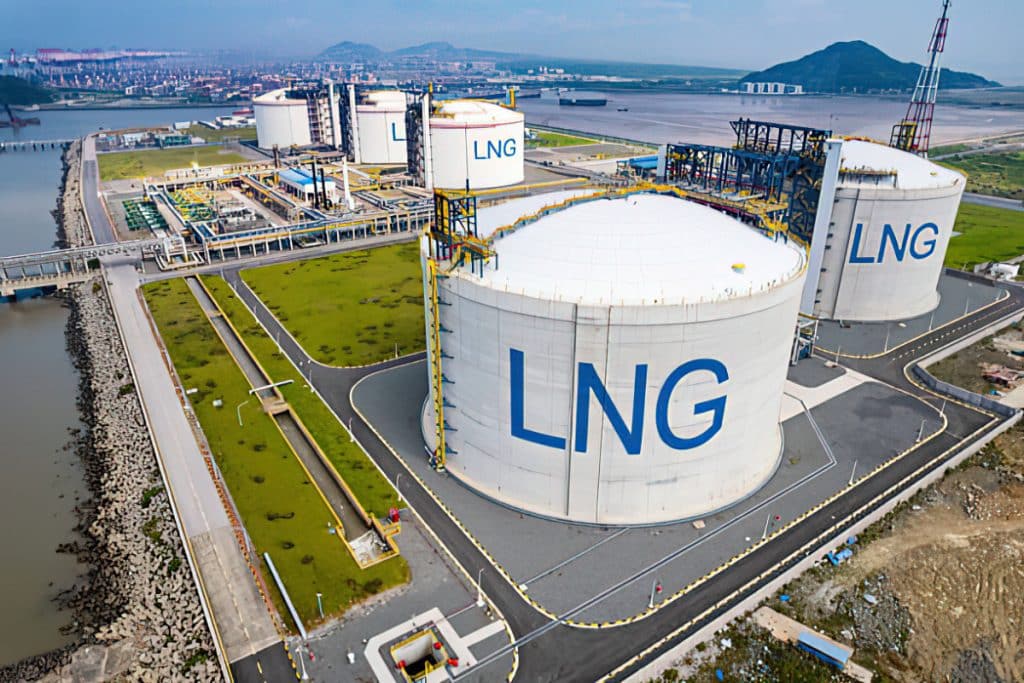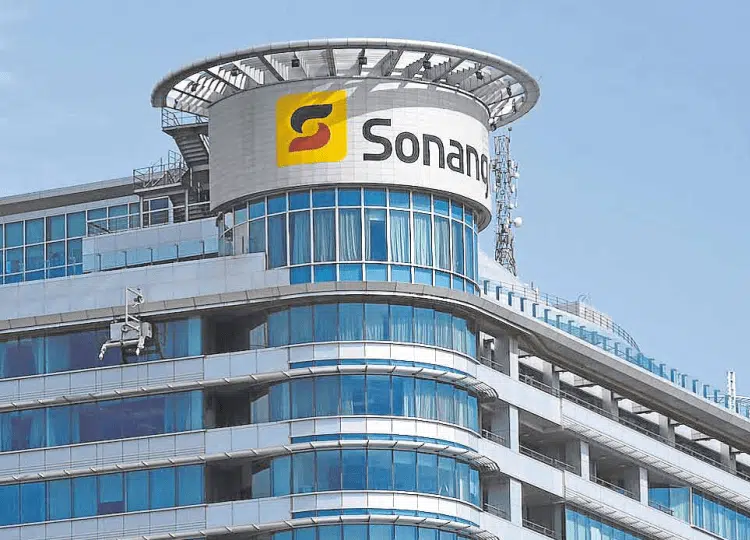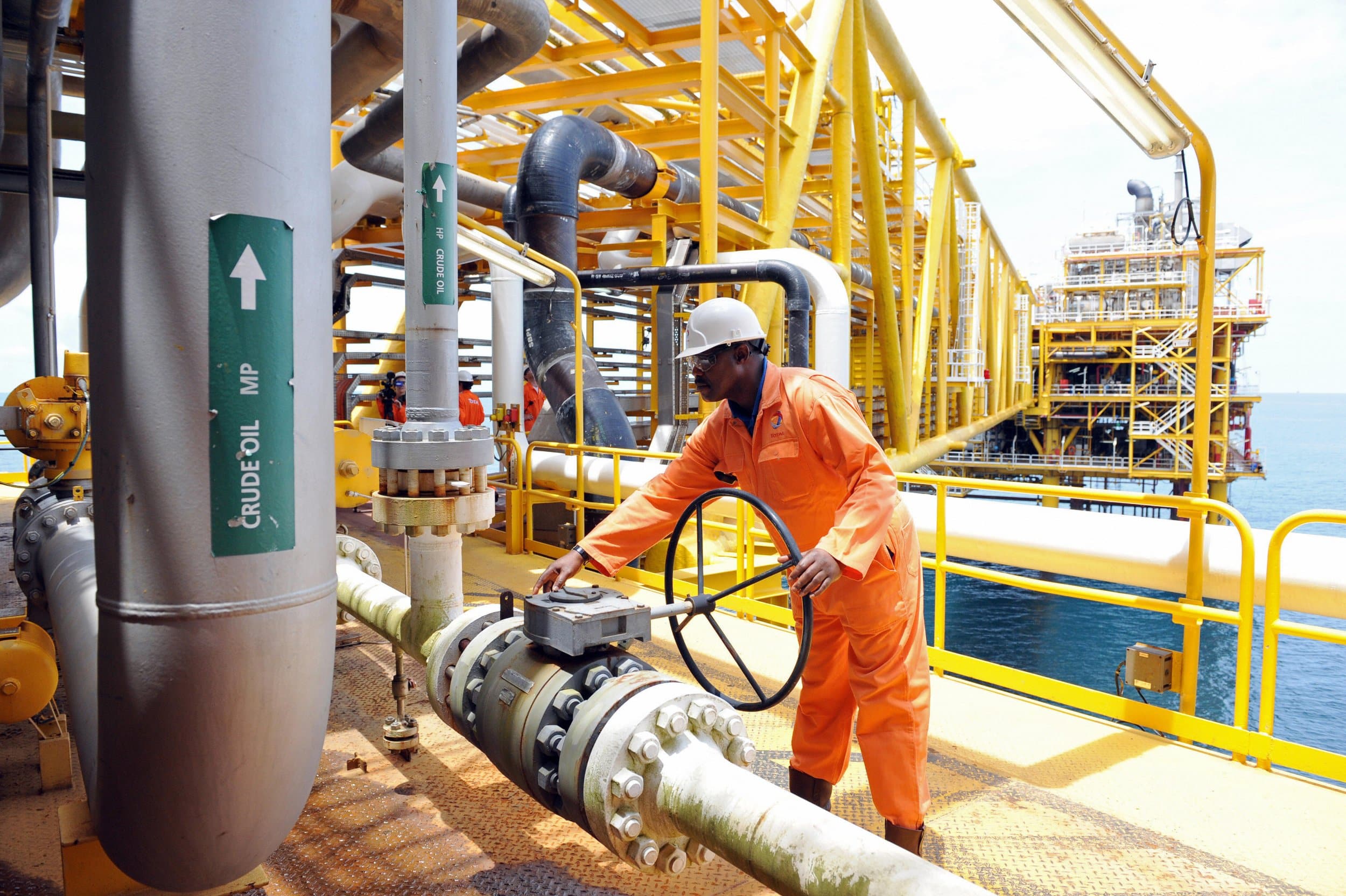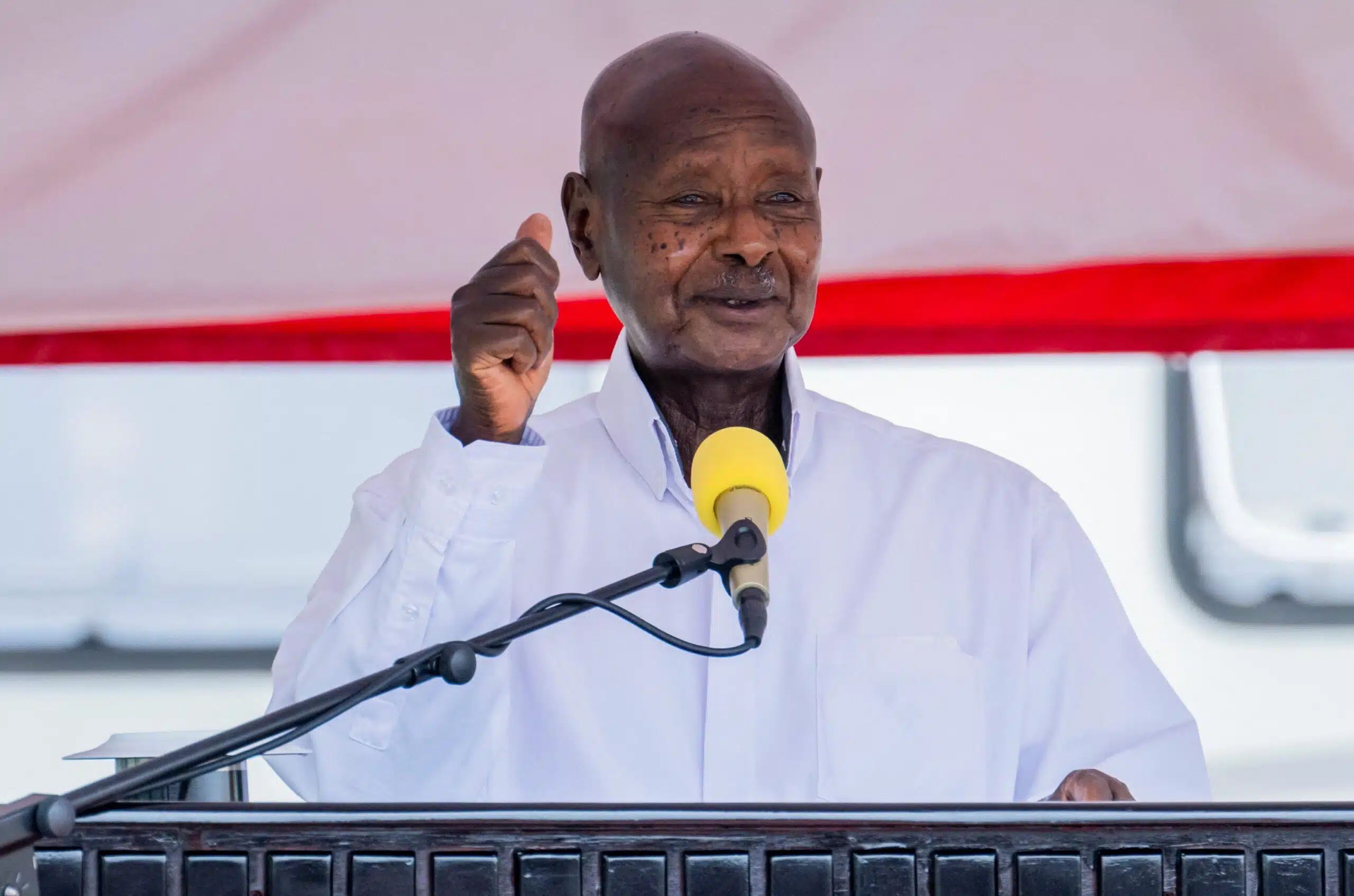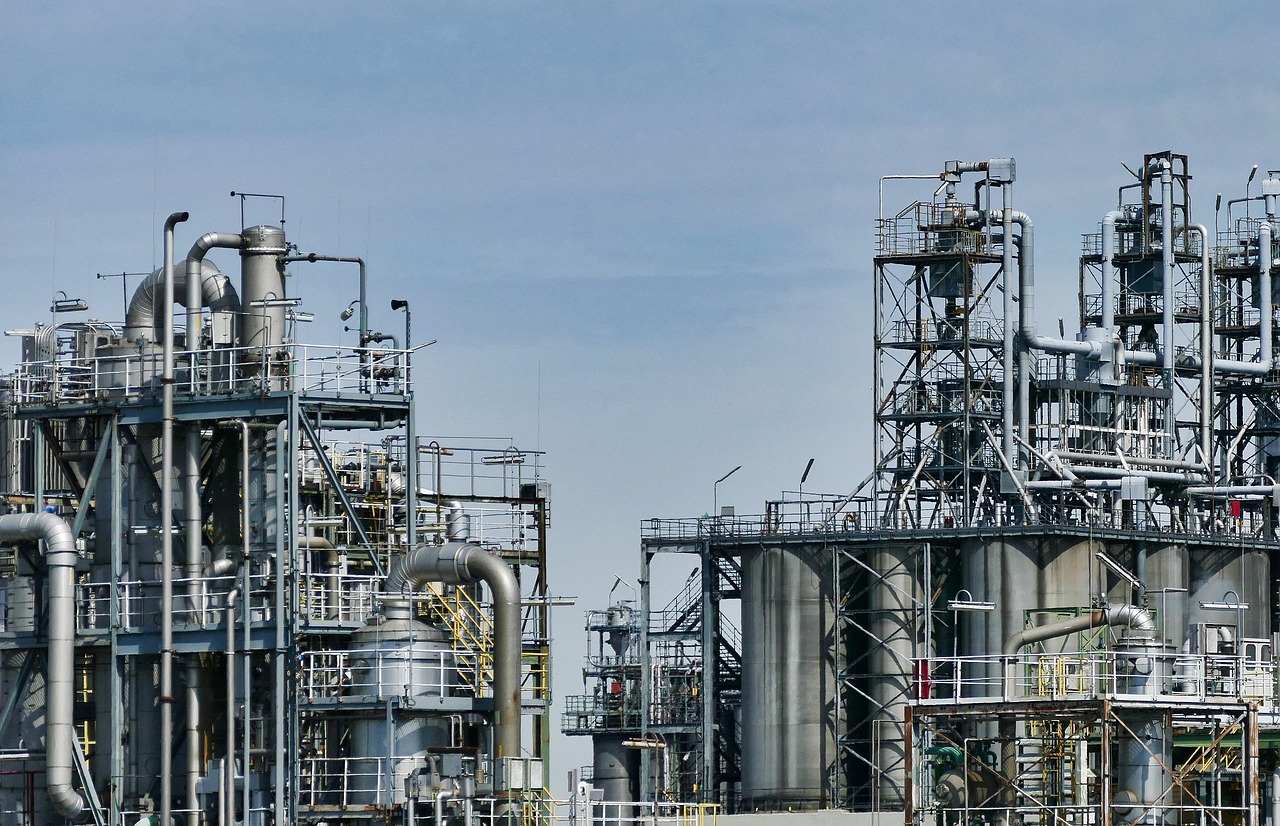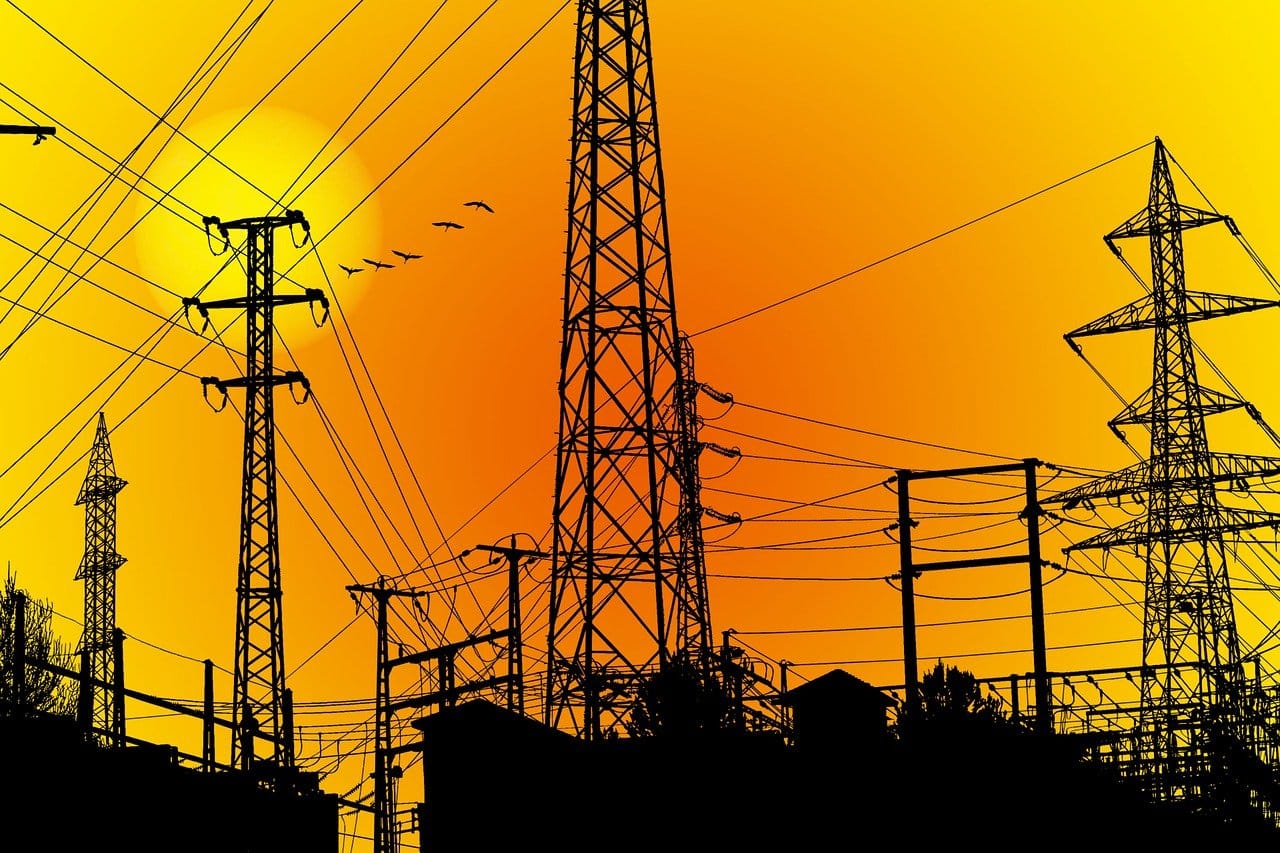The Nigeria Liquefied Natural Gas company (NLNG) has signed landmark Gas Supply Agreements (GSAs) with multiple third-party suppliers to deliver up to 1.29 billion cubic feet of natural gas daily to its Bonny processing plant.
According to a press statement issued by NLNG on Friday and seen by the Energy in Africa, the feed gas will be delivered by a group of six suppliers across different jointly-owned oil fields.
This includes SNEPCO–SunLink HI project, SNG–NGML, TotalEnergies–AMNI JV Ima project, Oando–NNPC E&P, NNPCL–First E&P JV and TotalEnergies’ Ubeta JV.
The $550 million Ubeta gas project is currently being developed and will start gas production in 2027.
Also, the mentioned IMA project, spearheaded by TotalEnergies and AMNI, was still at the Front End Engineering Design (FEED) phase as of July 2025.
However, NLNG’s MD/CEO Philip Mshelbila, said “these agreements are a turning point in NLNG’s journey, restoring reliability of supply and ensuring we remain firmly on the path of growth and expansion.”
Although the initial contracts reveal up to 1.29 Bcf/d will be supplied over 20 years, NLNG says “the volumes will be gradually scaled up over a period of time”, suggesting its commitment to gas expansion in Nigeria.
NNPC’s GCEO Bashir Ojulari described the agreement [as] a dream come true for Nigeria and for NLNG.
“It is a proud moment for the founding partners – the shareholders – for their open arms in really bringing in other parties,” Ojulari said.
NLNG’s Train-7 expansion underway
The NLNG is Nigeria’s premier gas processing company.
It is the largest LNG producer and exporter in Nigeria, including some 40% of Nigeria’s domestic cooking gas.
However, its output has been threatened by frequent vandal attacks and sabotage which have impacted its ability to meet the growing global demand for LNG.
In January this year, a report indicated that Nigeria’s LNG exports had dropped by 20% due to reduced gas supplies caused by vandalism and sabotage.
The following month, Mshelbila said two of NLNG’s six liquefaction trains were shut down for repairs after illegal connections that disrupted flows on the gas lines were discovered.
“Until we can protect these pipelines and provide security for these investments, we will continue to underperform,” he stated.
Meanwhile, NLNG’s $10 billion gas expansion project is currently underway to bring its seventh liquefaction train onstream, in a bold expansion move aimed at supporting Nigeria’s Decade of Gas agenda.
When completed, the project is expected to increase the company’s processing capacity by 35% from the current 22 million tonnes per annum (mtpa) to 30mtpa.

